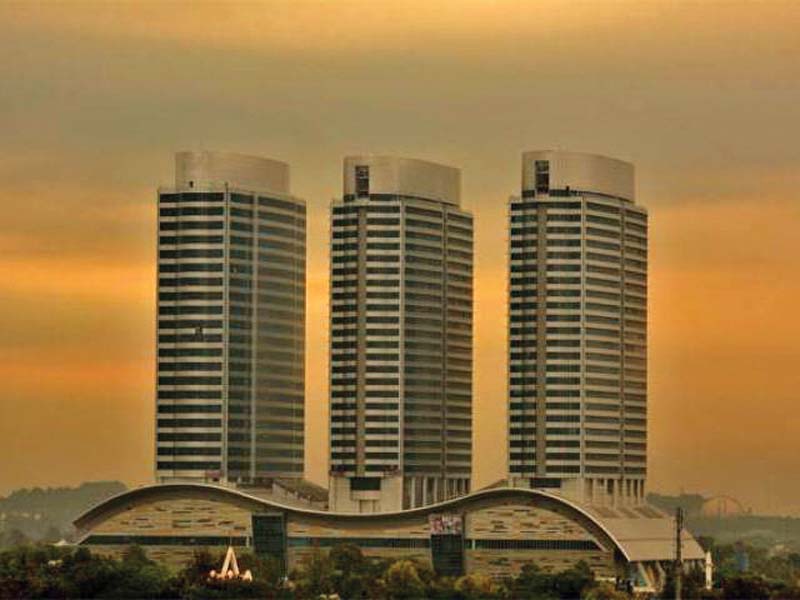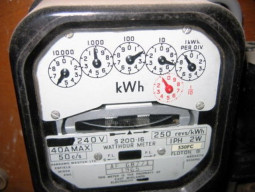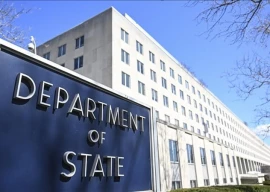
The new tax amnesty scheme is not time-bound and tax evaders can avail it any time in the years to come by paying a nominal 3% penalty as ‘advance income tax’, according to the Income Tax Amendment Act 2016 that the Pakistan Muslim League-Nawaz government pushed through the lower house of parliament. Such people will be allowed to incorporate hidden wealth in books of accounts after paying the paltry sum.
Tax amnesty or farce?
The standard maximum income tax rate for individuals is 35%. On late payment, there is a 100% penalty, bringing total liability to 70% of the income. However, the new scheme will allow people to pay only 3% of the hidden income and get away with the remaining 97%.
It will be the third tax amnesty scheme the PML-N has far given in the last as many years but the latest one has the potential to destroy the country’s tax structure permanently, say legal and tax experts.
After changes in the tax structure of the realty sector, property transactions have declined by up to 15%, said Finance Minister Ishaq Dar while defending the move. He said the scheme will help legalise Rs4 trillion to Rs7 trillion invested in the real estate sector.
Contrary to Pakistan’s amnesty scheme, India’s parliament on Tuesday approved a law that allowed tax evaders to keep only half of their hidden wealth.
The Indian law states that hoarders of untaxed income will have to hand over 50% when they disclose it to the government. They have to deposit another 25% into a government fund aimed at generating cash to spend on the poor, which they can get back after four years. If Indians do not come clean and are subsequently caught by tax officials, they would lose 85% of their illicit wealth. India has already scrapped Rs500 and Rs1,000 notes in an attempt to flush out tax evaders.
NA panel approves tax amnesty for realty sector
The PML-N government added section 111-C in the Income Tax Amendment Ordinance 2001 to give effect to the open-ended scheme. It states that realty sector investors cay pay a 3% tax on the differential amount between the FBR-determined property valuation rates and the district commissioner rates.
However, Dar said that the rate will be reviewed again in the 2017-18 budget. He insisted that Pakistan’s tax amnesty scheme cannot be compared with the Indian scheme. He said India gave a general amnesty scheme while Pakistan’s scheme was limited to the realty sector.
At present, taxes on property transactions are determined through property values set by the district commissioners (DC) at the provincial level while federal taxes are paid on the basis of FBR-notified property rates. Dealers are declaring two types of prices – one for provincial taxes and the other for federal taxes. Such a difference between the actual market rates and the DC rates has led to the parking of over Rs7 trillion in the real estate sector over the years.
Although the scheme is meant for the realty sector, anyone can legalise ill-gotten and untaxed money by first investing it in real estate and then paying 3% of the amount.
By offering people to legitimise their ill-gotten money at 3% rate, the state has, for the first time, become a party in legitimising the illegal money, said Dr Ikram ul Haq, advocate Supreme Court of Pakistan and a leading tax expert. He said this was not something new, as the section 111(4) already facilitates legalisation of black money through remittances – currently foreign exchange dealers are legalising illegal money by producing fake remittance certificates at the rate of 2% to 3%.
It is not for the first time that the PML-N government has taken a step detrimental to the country’s tax structure. In 1992, Prime Minister Nawaz Sharif government introduced the Protection of Economic Reforms Act. After its enactment, industrialists, generals, bureaucrats and politicians whitened their illegal money, according to court records and statements of that period.
FBR unwilling to cut withholding tax on real estate
The 1992 law bars the FBR from inquiring the source of money deposited in the foreign currency accounts operated under this law.
Sources in FBR said tax authorities were not in favour of giving an open-ended scheme. However, they were overruled by the finance ministry.
Rana Mohammad Afzal, the parliamentary secretary for finance, had opposed the amnesty scheme. “If doors are opened for such schemes, only the property business will prosper and no one will be able to construct a home,” he said Afzal while speaking in a parliamentary panel last week.
Published in The Express Tribune, December 1st, 2016.




1726222798-0/Tribune-Pic-(13)1726222798-0-165x106.webp)


















COMMENTS
Comments are moderated and generally will be posted if they are on-topic and not abusive.
For more information, please see our Comments FAQ